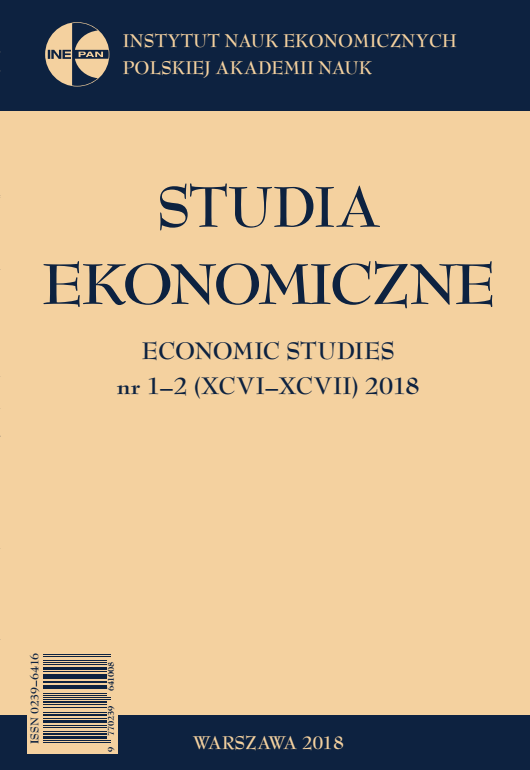Are the Concept of Capacities and Ceteris Normalibus Clause Redundant?
Are the Concept of Capacities and Ceteris Normalibus Clause Redundant?
Author(s): Marcin GorazdaSubject(s): Economy, Special Branches of Philosophy
Published by: Instytut Nauk Ekonomicznych Polskiej Akademii Nauk
Keywords: economic models; economic laws; regularities; capacities; ceteris paribus; ceteris normalibus
Summary/Abstract: The text is supposed to be a critical response to Łukasz Hardt’s paper on ceteris normalibus laws. Author especially criticises three main Hardt’s theses: 1. Economic laws do not describe regularities, but refer to capacities and powers; 2. Economic laws are only true in theoretical models; 3. Economic laws are valid ceteris normalibus, rather than ceteris paribus. Based on several examples of theoretical models in economics Author argues that: 1. We cannot abandon the requirement of regularities being the necessary component of any scientifc law, economics including. The concept of capacities, even if helpful in reasoning on causes and outcomes, is methodologically redundant; 2. Economic laws cannot be true only in theoretical models. They must be (at least within the range assumed by the researcher) true in the domain represented by the particular model. Otherwise, the notion of “laws true only in a model” refers to the inherent tautologies, which truth value are checked exclusively by assumptions and adopted inference rules; 3. The term ceteris normalibus in Hardt’s account is redundant because it simply represents a more general set of assumptions, including ceteris paribus, ceteris rectis, ceteris absentibus, ceteris constantibus. As long as the “normal” circumstances are defned in a model, the clause does not improve our understanding of models.
Journal: Studia Ekonomiczne
- Issue Year: 2018
- Issue No: 1-2
- Page Range: 127-141
- Page Count: 15
- Language: English

